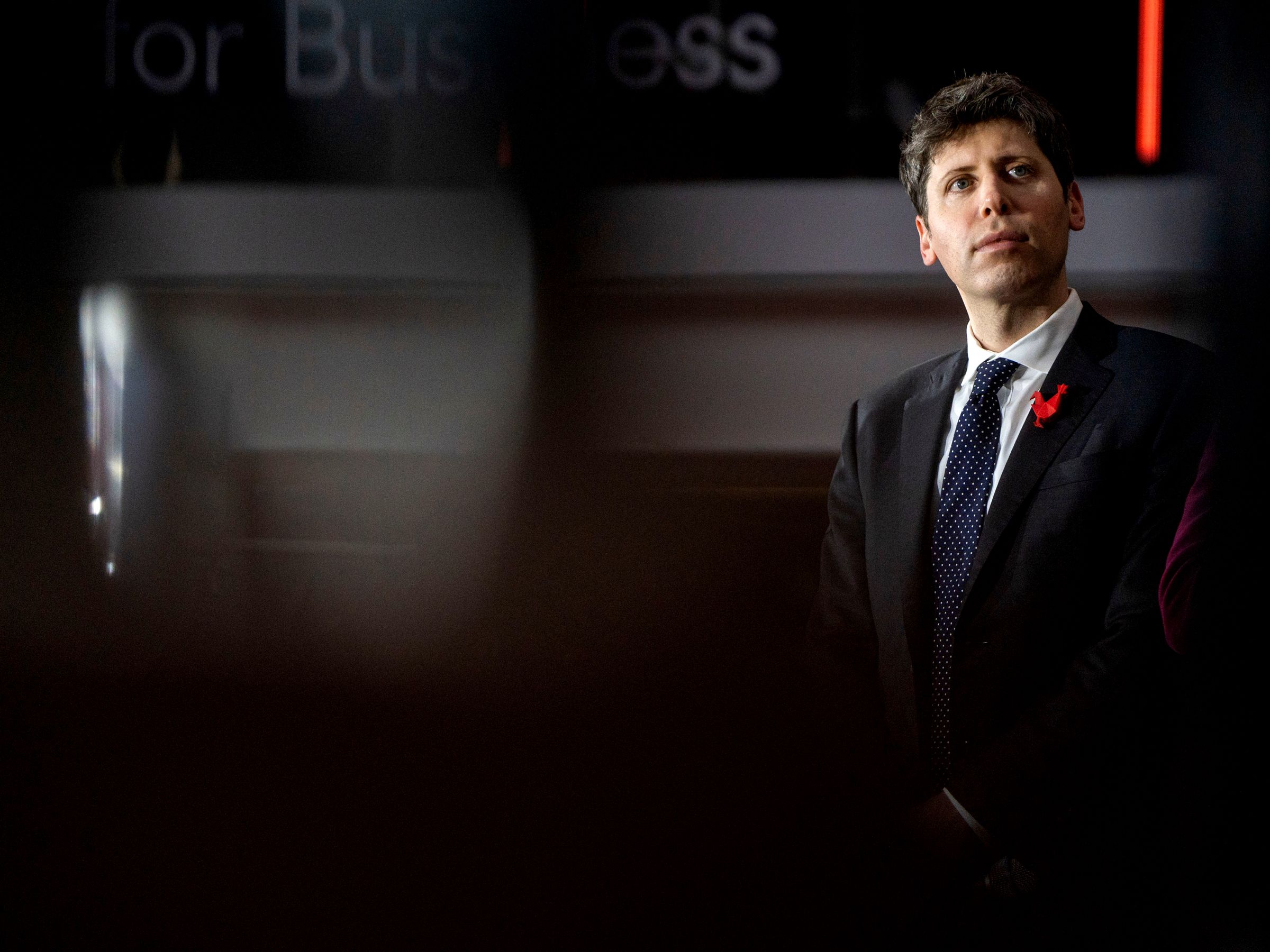OpenAI on Monday announced a proposed restructuring that would give its nonprofit arm ongoing control of ChatGPT and the rest of the startup’s AI products. The move is a reversal of an earlier announcement that called for the nonprofit to relinquish its authority to a newly created public-benefit corporation.
The proposed company structure has to be approved by the attorney general offices in California and Delaware by early next year. Up to $30 billion in funding from SoftBank and other investors is contingent on this approval. That money is crucial for OpenAI to maintain its position as a leader in generative AI and give higher returns to investors. Previously, those returns were capped at 100 times the original investment.
OpenAI was founded as a nonprofit research lab in 2015 to “benefit all of humanity.” But the idealistic setup quickly became untenable due to the fundraising needs associated with building advanced AI systems. The push to undo this structure received significant backlash, including from Elon Musk, who cofounded the lab before an acrimonious split in 2018. In 2024, Musk sued OpenAI for breach of contract, arguing that it had abandoned its original mission in pursuit of profit.
In March, a US federal judge denied Musk’s preliminary bid to halt OpenAI’s plans for the nonprofit to cede control. But last week, she allowed many of Musk’s claims to move to trial. Former OpenAI staffer Todor Markov, who filed an amicus brief as part of Musk’s lawsuit, said in a post that “it’s unfortunate” that OpenAI revised its plan “after public pressure and the Attorneys General getting involved,” but called the move “a win for the broader public.”
OpenAI’s largest backer, Microsoft, has the authority to veto the restructuring plans, according to The Wall Street Journal. The tech giant has been busy building up its own AI division to compete with OpenAI, which could help diversify the risk associated with investing in a startup. OpenAI’s blog said it looks forward “to advancing the details” of the new plan with the attorneys general and Microsoft.
Microsoft declined to comment. SoftBank did not immediately respond to a request for comment.
In 2024, OpenAI published a blog about the need to evolve its corporate structure. The announcement came about a year after Altman was abruptly fired by the company’s nonprofit board (he was reinstated after employees revolted). After the blog post came out, numerous advocacy groups wrote to the attorneys general in opposition, arguing that the plans could allegedly turn charitable funds into corporate cash. Now, those efforts appear to have paid off. “We made the decision for the nonprofit to retain control of OpenAI after hearing from civic leaders and engaging in constructive dialogue with the offices of the Attorney General of Delaware and the Attorney General of California,” OpenAI board chair Bret Taylor wrote in a blog post from the company.
The newly proposed structure keeps the nonprofit in control, though Monday’s blog post didn’t go into detail about what exactly that will look like. The company specified that its current for-profit subsidiary will become a public benefit corporation (PBC), which is how its competitors Anthropic and xAI are set up. PBCs are legally allowed to prioritize both shareholder and societal interests.
“The nonprofit will control and also be a large shareholder of the PBC, giving the nonprofit better resources to support many benefits,” OpenAI’s blog post said. “Our mission remains the same, and the PBC will have the same mission.”
Delaware attorney general Kathy Jennings said in a statement to WIRED that she is encouraged by OpenAI taking into account her concerns and allowing the nonprofit to retain its control. “Now that the company has a new plan, I intend to review it for compliance with Delaware law by ensuring that it accords with OpenAI’s charitable purpose and that the nonprofit entity retains appropriate control over the for-profit entity,” Jennings said.
Elissa Perez, a spokesperson for the California attorney general’s office, said in a statement that her office is also is reviewing the new plan.
Robert Weissman, co-president of Public Citizen, which advocates against big corporations and has long criticized OpenAI’s structure, says the startup’s plans continue to be unsatisfactory. There do not appear to be any new limitations to ensure the for-profit adheres to OpenAI’s nonprofit mission of benefiting all of humanity with powerful AI tools, he claims. “This leaves us where we are, which is with a nonprofit purportedly controlling a for-profit but exercising no visible restraint on the for-profit,” Weissman tells WIRED.
OpenAI’s plans call for its new nonprofit to hold shares in the public benefit corporation. A recent funding round put OpenAI’s valuation at $300 billion, so those shares could be extremely lucrative as the nonprofit sells or borrows against them. California philanthropic activists have called for the nonprofit to get a “fair value” of shares, which could lead it to become the most well funded foundation ever created. They also want the nonprofit to be independent from the company, so that business interests do not corrupt philanthropic giving. On Monday, activists renewed their call for Bonta to closely review whether OpenAI’s plans will achieve that separation.
OpenAI spokesperson Steve Sharpe said the nonprofit will have the right to appoint and remove board members from the public-benefit corporation. “Moving to a [public-benefit corporation] will remove the capped-profit structure,” he added. “The PBC will have a conventional capital structure that lets employees, investors, and the nonprofit hold equity directly.”
“OpenAI is not a normal company and never will be,” Altman wrote in an email to employees that was included in the company announcement.
Update 5/5/25 7:35 ET: This story has been updated to include additional comment from OpenAI and the California attorney general’s office.



